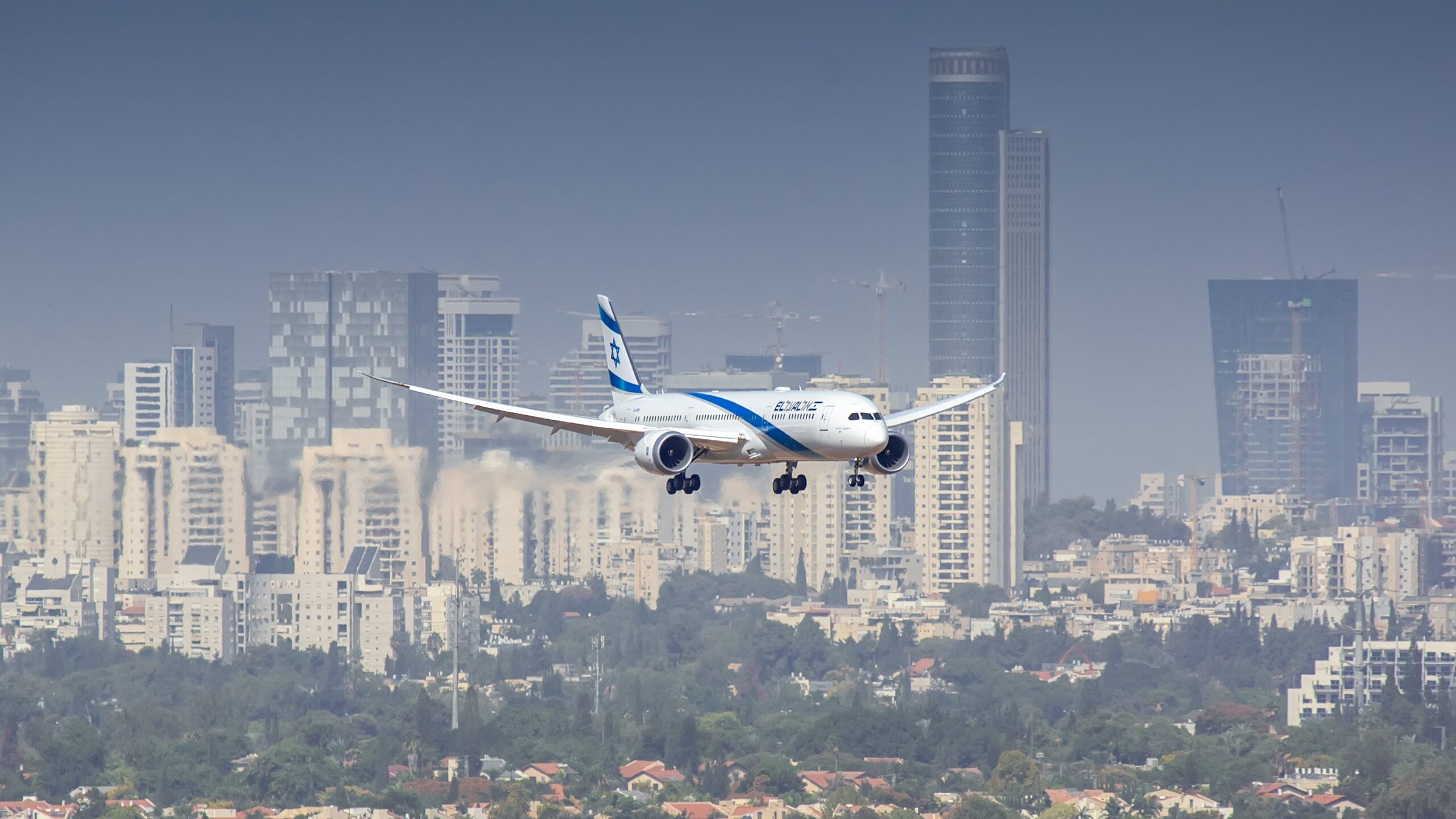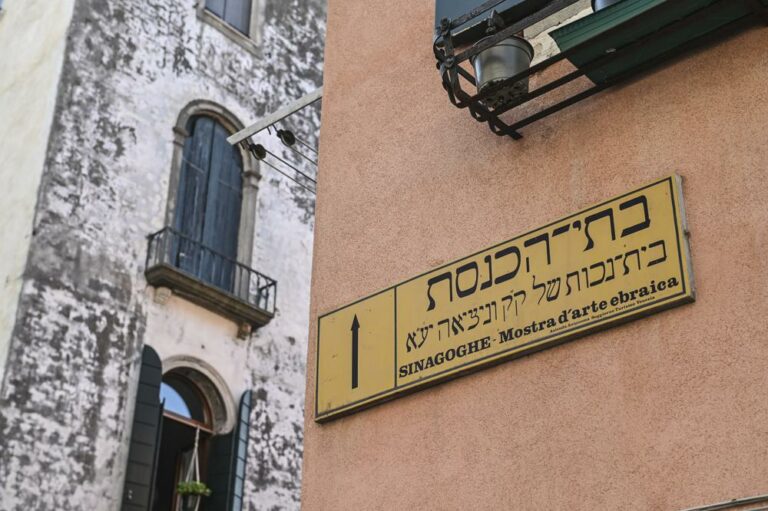 British Prime Minister Theresa May and leaders from six Gulf Arab countries agreed Wednesday to counter Iran’s “destabilizing activities,” a pledge meant to calm nerves following the nuclear deal with world powers.
British Prime Minister Theresa May and leaders from six Gulf Arab countries agreed Wednesday to counter Iran’s “destabilizing activities,” a pledge meant to calm nerves following the nuclear deal with world powers.
The decision came at the end of a two-day summit in Bahrain of the Gulf Cooperation Council, a regional bloc of Western-allied countries including the tiny island nation, Kuwait, Oman, Qatar, Saudi Arabia and the United Arab Emirates.
Those Gulf nations, especially the Sunni-ruled kingdom of Saudi Arabia, have watched with concern as Iran backed Shiite rebels in Yemen and supported embattled Syrian President Bashar Assad.
A Saudi-led war in Yemen against the rebels continues, while a communique issued at the end of the meeting called for an “enduring political settlement based on transition away from the Assad regime” in Syria.
“There is no military solution to the region’s armed civil conflicts,” the communique read.
Concern over Iran remains for the GCC, whose member nations have bulked up their own militaries as a deterrent. For her part, May said that all parties must “work together to push back against Iran’s aggressive regional actions, whether in Lebanon, Iraq, Yemen, Syria or in the Gulf itself.”
Her comments come after Britain was a party to the nuclear agreement that limited Iran’s ability to enrich uranium in exchange for the lifting of some economic sanctions.
Britain and Iran also have reopened their embassies in each other’s countries and exchanged ambassadors. Direct British Airways flights between London and Tehran also have resumed after the nuclear accord.
May’s participation in the meeting drew criticism from human rights groups as Bahrain is in the midst of a crackdown on dissent at a level unseen since its 2011 Arab Spring protests. The United Kingdom is building a new naval base in Bahrain.
(AP)










